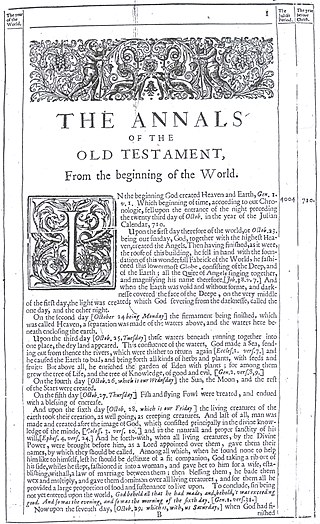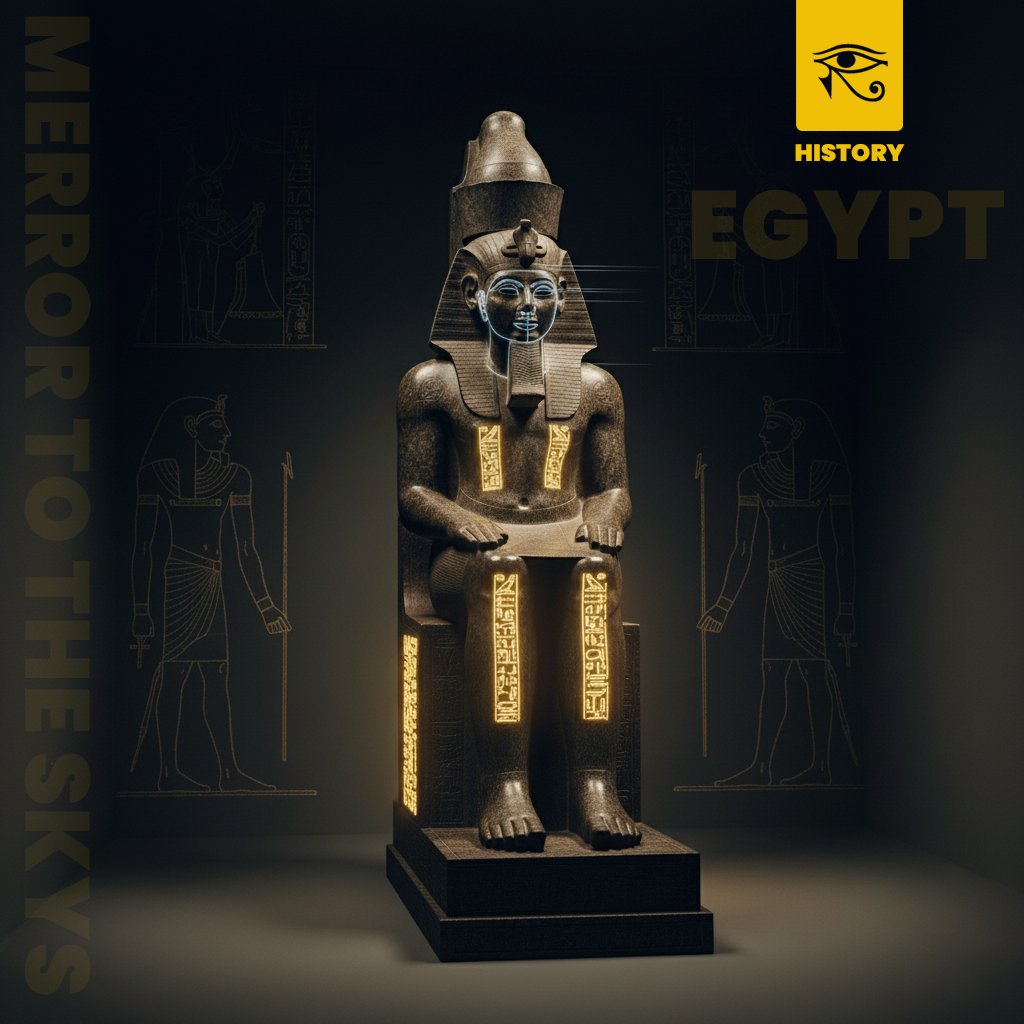In the corridors of history, where scientific discoveries intertwine with religious narratives, a famous debate emerged in the eighteenth century concerning the age of humanity and the earth itself. This controversy was not merely an academic discussion but a clash between two worldviews: the emerging scientific vision, which sought to understand the universe through tangible evidence, and the traditional religious vision, which relied on a literal interpretation of sacred texts. Imagine traveling back in time to witness how Napoleon’s French campaign in Egypt and Syria (1798–1801) stirred this debate, as archaeological discoveries challenged the Biblical account that set the age of the world at only about six thousand years. Today, this conflict invites us to pursue independent research, free from bias, to uncover how our history was shaped and how, through it, we can grasp the real roots of civilization based on scientific and archaeological evidence.
The debate began in the late seventeenth century and intensified in the eighteenth, as French philosophers and scholars questioned Biblical chronology. For instance, Archbishop James Ussher in 1650 calculated that creation occurred in 4004 BC and the flood in 2348 BC, based on the genealogies in Genesis. Yet figures such as Bernard de Fontenelle, in his Conversations on the Plurality of Worlds (1686), suggested that fossils were the result of slow natural processes rather than a single global flood. Benoît de Maillet, in Telliamed (1748), estimated the earth’s age at two billion years, drawing on observations from his time as French consul in Egypt. Comte de Buffon, in his monumental Histoire Naturelle (1749–1789), calculated the earth’s age at seventy-five thousand years through cooling experiments, asserting that the flood had not been a catastrophic geological event.
The roots of this dispute lay in the Enlightenment, when scholars adopted methodological naturalism, a principle that separated scientific explanation from religious interpretation, influenced by René Descartes. Voltaire attacked Biblical accounts, casting doubt on fossils as evidence of the flood. The European Church, especially the Catholic Church, defended the Biblical view to preserve the authority of scripture, fearing that acceptance of “deep time” would lead to atheism or deism. The Sorbonne, for example, condemned Buffon in 1751, forcing him to issue a public retraction.
The controversy grew more intense during the French campaign, led by Napoleon Bonaparte with both military and scientific aims. He brought along 167 scholars from the Commission des Sciences et des Arts, among them Gaspard Monge in mathematics, Jean-Joseph Fourier in physics, Claude Louis Berthollet in chemistry, Étienne Geoffroy Saint-Hilaire in natural history, Déodat Gratet de Dolomieu in geology, Vivant Denon as an artist, Nicolas-Jacques Conté as an engineer, Alire Raffeneau-Delile in botany, and Étienne Malus in physics.
Among the most significant discoveries was the Rosetta stone, found by Pierre-François Bouchard in July 1799 at Rashid. This black slab, inscribed in hieroglyphic, demotic, and Greek scripts, enabled Jean-François Champollion to decipher hieroglyphs in 1822. Other finds included remains of an ancient canal from the reigns of Senusret III and Necho II, drawings of pyramids and temples, and the Dendera Zodiac. Initially thought to date back fifteen thousand years BC, the zodiac was later proven to be Ptolemaic. Key terms such as Biblical chronology, Ussher chronology, Genesis flood, and Egyptology became focal points of the debate.
Related images include the Rosetta Stone at the British Museum, plates from Description de l’Égypte (1809–1829) showing the Giza pyramids and the circular zodiac of Dendera, artistic depictions such as Eyre Crowe’s “French Savants in Egypt 1798” portraying scholars sketching under guard, and paintings of the Battle of the Pyramids on 21 July 1798 with Napoleon inspecting the ruins.
Initially, the Church prevailed, suppressing ideas it deemed dangerous. Buffon’s public apology, or the posthumous publication of Telliamed with revisions to align with doctrine, reflect this dominance. The Church argued that Egyptian dates were incorrect or that the flood had erased earlier traces. Over time, however, science gained ground. In the nineteenth century, Charles Lyell’s Principles of Geology (1830) and Charles Darwin’s On the Origin of Species (1859) cemented the acceptance of non-literal interpretations, even within the Church itself.
This debate had profound consequences for science and history. It gave birth to Egyptology and showed that Egyptian civilization began around 3100 BC, predating the Biblical flood. It fostered the acceptance of deep time, with modern scholars estimating Homo sapiens at about 300,000 years old, the earliest civilizations at around 10,000 years, and the earth at 4.5 billion years. The controversy also reshaped the Church, with many adopting interpretations such as the “day-age” view of Genesis.
The debate is not an end but a beginning of inquiry. It calls us to examine evidence critically, free from religious or political prejudice, to uncover our true history. Are you ready to look deeper? Let us explore step by step, drawing a clearer picture of civilizations from their earliest beginnings to the present, based not on imposed narratives but on discoveries. Such a quest can transform our understanding of the world and open new doors to knowledge.
Sources
- Deep time in 18th-century France (creation.com): details on Buffon and de Maillet.
- French invasion of Egypt and Syria (Wikipedia): names of the savants and the Rosetta stone discovery.
- Napoleon and the Scientific Expedition to Egypt (lindahall.org): descriptions of findings.
- Egyptian chronology and the Bible (creation.com): discussion of the Biblical challenge.
- The Zodiac at Dendera (victorianweb.org): the zodiac controversy.
- Bonaparte in Egypt: the scientific expedition (napoleon.org): aims of the scholars.
- Napoleon's Invasion of Egypt Led to These 9 Scientific Breakthroughs (businessinsider.com): scientific impact.
- Synchronization of the Biblical and Egyptian Timelines (answersresearchjournal.org): comparison of chronologies.




Comments ()